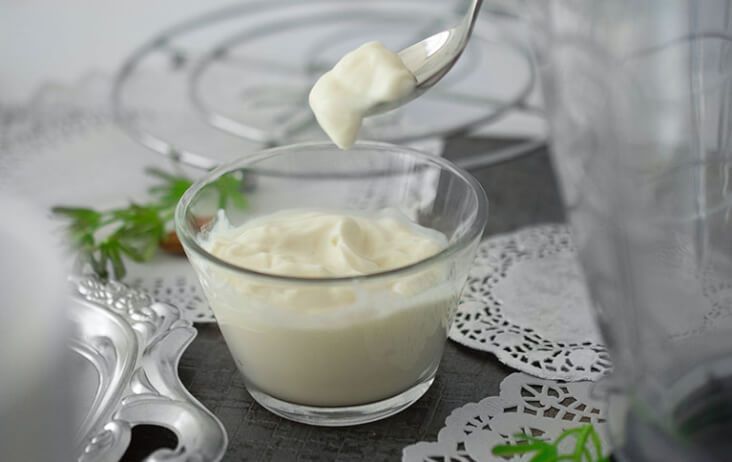You might have heard a lot about probiotics and their benefits on the human gut…
But did you know they can be useful for dogs also?
This video and post will take closer look at how probiotics work, some of the best probiotics for your dog, and ways you can add more of them to your dogs diet.
An Overview Of Probiotics For Dogs
Probiotics Role Inside A Dogs Body
Your dogs GI tract is home to trillions of microbes.
A lot of these bacteria and yeasts are good for your dog playing a key role in body functions.
It’s important that these good microbes outnumber any bad ones. Otherwise a dog can end up with a condition called dysbiosis.
Probiotics plays a role to prevent this.
And because most dog food is scrubbed clean of any microbes, it can mean dogs struggle to get access to the good bacteria that helps them.
Meaning there is real benefit in helping them get access to good high quality ones.
Benefits Your Dog Can Feel With Probiotics
With the right probiotics in the right amount dogs have been reported to experience:
- Improved stool consistency and fewer sloppy stools
- Better overall gut function
- Less flatulence
When taking a high quality probiotics regularly.
Another of the little known, yet important benefits of probiotics is that they bind to toxins that your dog might have ingested.
Which can be especially useful if your dog likes to play in mucky places!
Types of Probiotic Bacteria
There are multiple different strains of probiotics for dogs. Some more effective than others. However the top ones you should look out for in products and dog safe foods are:
- Enterococcus faecium
- Bifidobacterium lactis
- Lactobacillus casei
- Lactobacillus acidophilus
- Bifidobacterium breve
Where Can You These?
You can find probiotics like those in supplements and certain foods.
Probiotics are known as ‘living cultures’ and examples are fermented dairy products, such as yogurt, and other fermented foods, like sauerkraut.
They can also be purchased in high quality forms like in Canine Prime.
A Final Note On Dog Probiotics
You should always talk about probiotics or any other supplements with your pet’s veterinarian.
However if you have a dog with certain issues, such as inflammatory bowel disease or digestive problems they could be very useful to try.
There are various types of supplements that are available for animals, and probiotics may be the one that’s most often recommended due to their success in dogs of all breeds and sizes.
Good quality probiotic because it’s almost guaranteed to improve your pet’s GI health … and negative reactions to them are very rare.







Comments